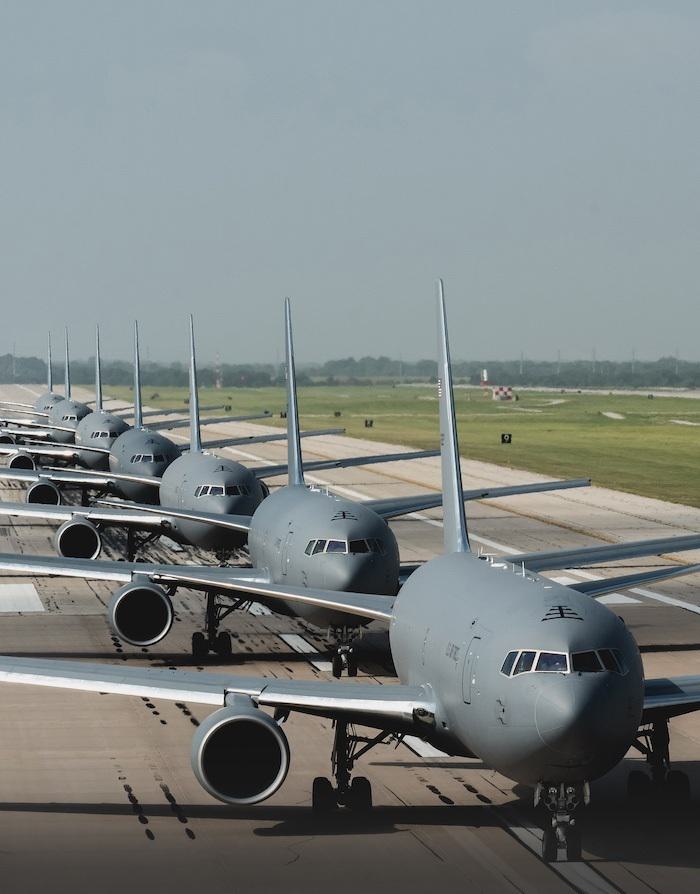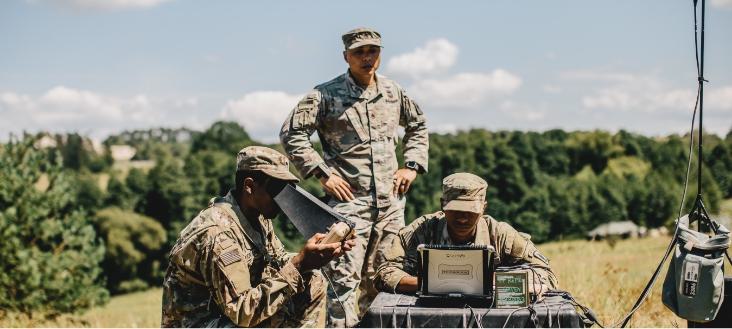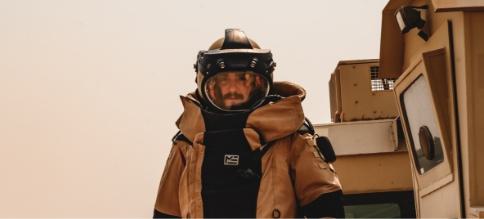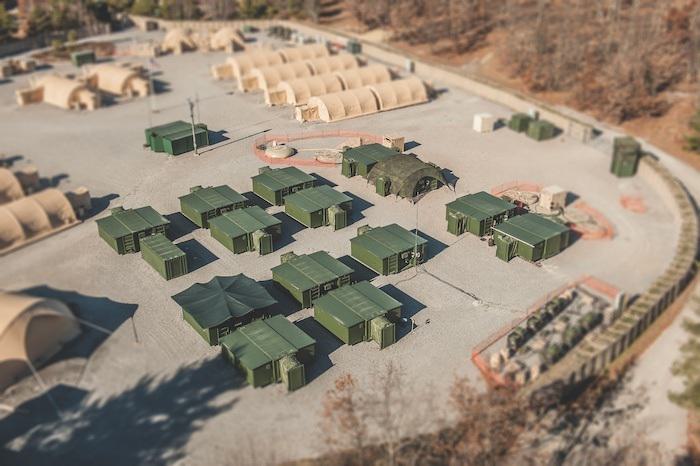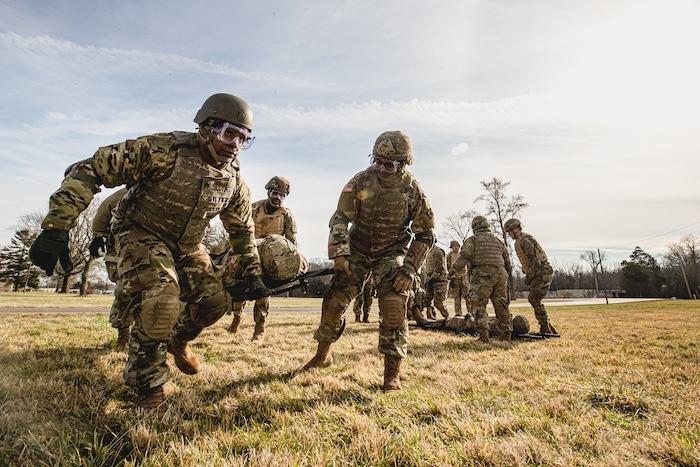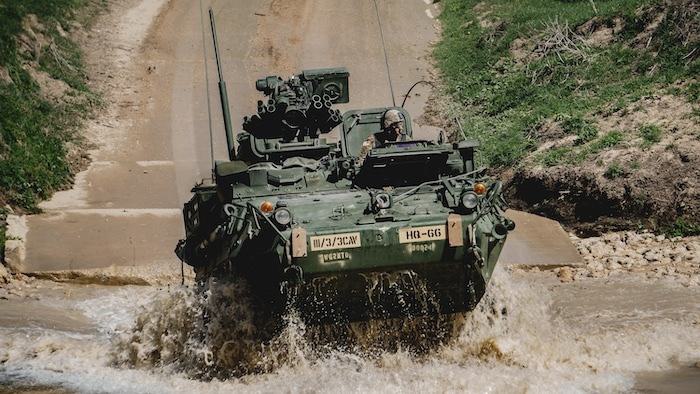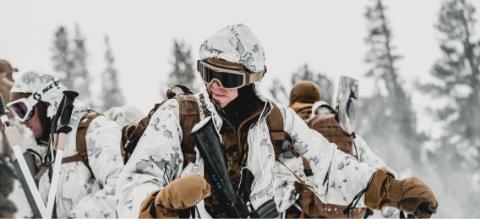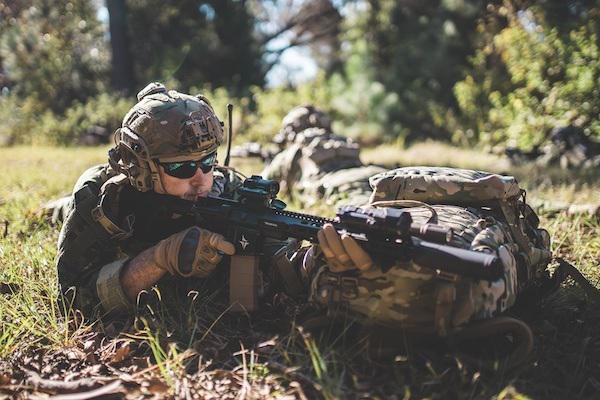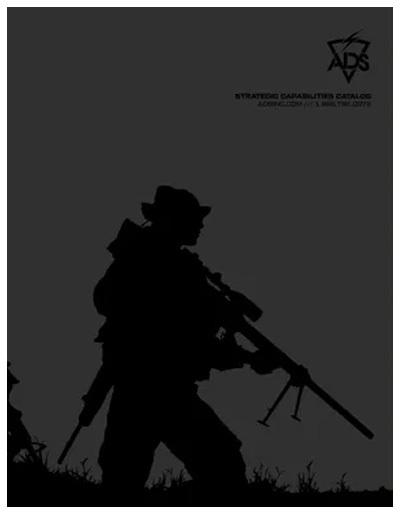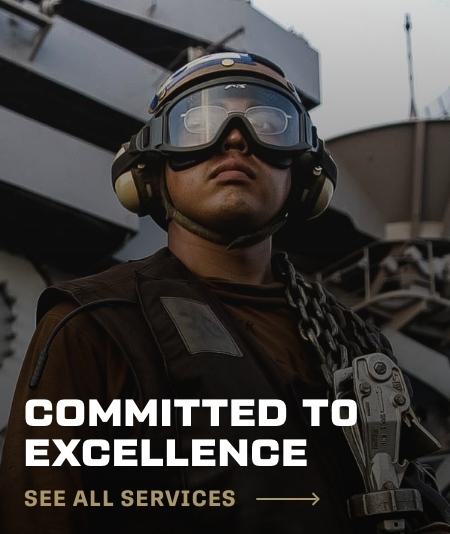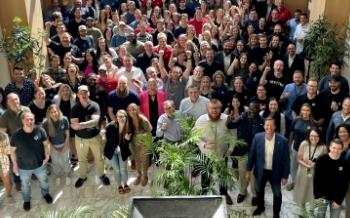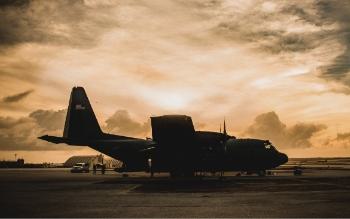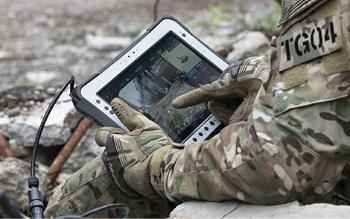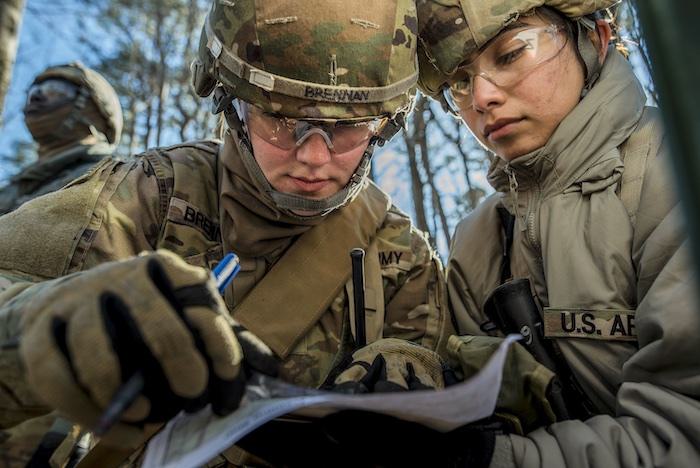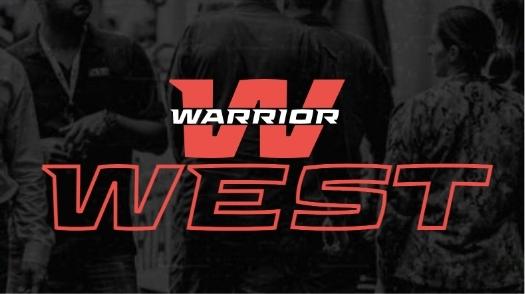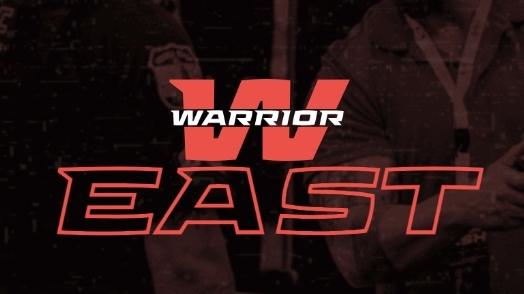FEATURED ///
Sep 08, 2022
How Cocoon Masters the Elements With Corrosion Prevention Solutions
How Cocoon Masters the Elements With Corrosion Prevention Solutions
Corrosion of military equipment and surfaces is responsible for 1.15 million non-available days annually. That’s tens of millions of hours when units can’t perform their duties or become severely mission-delayed.
The answer to such a pervasive problem is Cocoon, a range of corrosion-prevention solutions for high-value military assets and structures. Keep reading to learn more about Cocoon’s industry-leading features and applications.
What Sets Cocoon Apart?
Cocoon's products outsmarts Mother Nature. Their products increase military equipment readiness while reducing maintenance costs. Cocoon produces equipment covers that mitigate corrosion, enable frozen-free environments, and offer steel frame fabric structures like temporary hangars and warehouses.
Cocoon has engaged in special projects with Boeing’s CH-47 helicopter as well as their 737. Boeing uses Cocoon’s acoustic interior blanket too, and Cocoon recently created a new model because the prior one hadn't been upgraded since 1962.
Cocoon’s unique material was developed for protective covers for the Army and, as a result, the company came up with a patented textile that’s breathable but also waterproof. It’s lightweight, doesn’t get heavy amid moisture, and won't freeze.
![]()
The Severity of Corrosion Costs–and the Solutions
The Department of Defense (DoD) estimates that the cost of corroded military equipment is about $5 million per day. Roughly two-thirds of these costs are considered preventable, and the other third are corrosion-related.
Solutions for corrosion and related problems include prevention, mitigation, and treatment. The leading philosophy among military administrators is that 70% of corrosion issues can be resolved via prevention and the other 30% via treatment.
Cocoon aims for that ratio or better on the treatment side because of their prevention efforts. Based on this goal, Cocoon’s solutions include protective coverage, fabric structures, aviation blankets, and generating corrosion-free environments.
Why Cocoon Fabric Is So Unique
Cocoon’s material is a trilayer fabric with a membrane in the middle. The pores of the membrane are 0.3 microns or smaller, which is useful for numerous applications.
Cocoon’s fabric has several high-performance characteristics. Here are a few of the most important:
It is hydrophobic (“water-fearing”), oleophobic (“oil-fearing”), and electrostatic-discharge-safe (preventing damage to electronic systems).
The oleophobic properties make Cocoon’s fabric washable.
Hydrophobic properties mean the fabric doesn’t get heavier when wet or frozen.
The electrostatic grid that's on Cocoon’s fabric is imprinted on the interface before it's laminated. That makes Cocoon electrically neutral, meaning there’s no static electricity generation or discharge.
Cocoon is inherently safe around fuel, electronics, and explosives. There's a small risk that users can initiate errors, but it's more likely operators will inert a weapon by burning out an electro-explosive device (EED) within the weapon.
Aviation Blankets
Aviation blankets are another one of Cocoon’s primary product lines. Blankets exist in the aircraft for a few reasons. They:
Dampen loud noise
Provide insulation
Keep the cabin warmer or cooler
Protect passengers from equipment leakages
Prohibit accessing machinery or tools behind aircraft walls
Cocoon’s blankets save about 200 pounds across a standard airframe. A lighter airframe at the start of a mission gives soldiers more fuel, cargo, or passengers–or all three if needed. Units or commanders can carry more in their aircraft by using Cocoon aviation blankets.
If an aircraft is gaining weight, overseers have to arbitrarily assign a weight penalty to it, reducing what it can carry. By using Cocoon, an aircraft doesn’t gain weight, it doesn’t absorb fluids, and other related problems are eliminated or minimized.
Protective Covers
Cocoon launched its protective covers line with the Chinook Helicopter Program Management Office. Once they saw what Cocoon is capable of, they asked the company to look at other related problems.
Corrosion-Free Environment Solutions
Corrosion-free warehousing and storage solutions were one of the first solutions offered when Cocoon started back in 1977. Cocoon has been laying up ships for decades to perform maintenance.
The Exxon Valdez crash in Alaska on March 24, 1989, is an infamous and relevant example. When that ship came in for repairs and maintenance, Cocoon was the company responsible for repairs.
The term “laying up” means staff is tightening up the interior of the ship while simultaneously working on the exterior. Cocoon goes in, uses a vacuum, puts bio-corrosion inhibitor (BCI) emitters in there, and stabilizes the interior, which makes the whole ship interior corrosion-free. As long as the staff leaves the correct doors closed, it remains corrosion-free.
There are several other steps involved in ensuring corrosion-free environments. Cocoon inspects the environment to determine if anything should be modified, including removing air and humidity leaks.
Cocoon also installs dehumidifiers, inducting hygrometers, and continuous-monitoring sensors. Storing military equipment requires a temperature sweet spot of 35 degrees, plus or minus five percent relative humidity (RH).
Success Story: B-52 Hangar Edwards Air Force Base
Another notable client success story is the B-52 Hangar Edwards Air Force Base. This is a Sensitive Compartmented Information Facility (SCIF) and Special Access Program Facility (SAPF). These types of facilities are designed for maximum informational and operational security.
By working with Cocoon, the state of California enjoyed tremendous cost savings. The facility was budgeted at $54 million with $6 million for site work, and Cocoon negotiated to $15 million.
Typically, a military construction (MILCON) process can take 10 to 20 years. In this case, Cocoon’s industry-leading solutions finished the job in less time and less than half of the total estimated cost.
Learn More about What Cocoon Can Do for You
The military is able to carry out assignments because of large amounts of equipment sitting on contingencies. Being prepared for anything is the mindset the military operates under. Controlled humidity, lack of bio-induced corrosive elements, and proper maintenance procedures are all possible with Cocoon.
When you need to deploy any unit of a fleet at a moment’s notice, you need equipment solutions that stand the test of time. Request a custom quote for Cocoon’s products today or contact us with any detailed questions.

